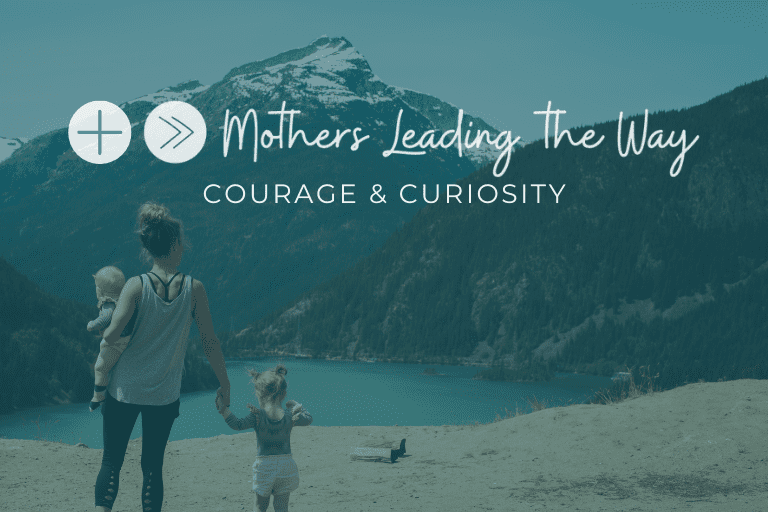Being a leader can be objectively a challenging and potentially scary act. Being a leader and a mother requires a lot of perseverance, resiliency, and courage. Today, we will take a look at how to develop and nurture courage and curiosity to become a better leader and mother.
Let’s start with courage. We don’t often think about courage in our daily lives – it is a concept usually reserved for skydivers, those about to confess their love, and leaps of faith. But we do utilize courage each day when we take initiative at our job, decide on a new parenting style, and do just about anything without knowing exactly what the outcome will be. Taking these chances can be stressful, enough so to deter us from trying anything new. Brene Brown, a researcher and advocate for courage and vulnerability, suggests that working mothers have the “heart of daring leadership” (Brown, 2018). Ultimately, daring leaders consider how to effectively lead others and cultivate a secure, empathetic, and collaborative work environment.
A critical first step to daring leadership involves embracing and leaning into our vulnerability (Brown, 2018). This may show up as recognizing your mistakes or areas where you are unsure or unfamiliar. It is a gift to acknowledge that you may not have the answers but are capable of having direct and honest communication regarding concerns or mistakes. Whether at home or at work, we can model this for others and create space to take off our masks and be our whole and authentic selves. Imagine how critical this is for our kids! They learn that they can come to you when they have made a mistake, and you can work through the situation together.
We can benefit from directly facing and evaluating ourselves without shame or guilt around those feelings. We can own up to our own missteps and make an active decision to learn from our mistakes, prioritize and respect the boundaries of each other, and have empathetic and compassionate discussions related to how we can improve in our mother and leader roles. This takes courage! It can be difficult to be vulnerable in this way; however, those who embrace this vulnerability can provide meaningful change and benefits to their relationships.
Secondly, Brene Brown states we must get curious about our values, emotions, identities, personal and professional boundaries, and ways that our current approaches are or are not working (Brown, 2018). In order for us to successfully address the issues that may arise or grow as a leader/mother, we must be fully aware of how we move through this world, including our current emotional state, identities, values, and context. This may look like recognizing that you are feeling burnt out due to having to balance your roles as a mother and leader. Some ways to get curious about yourself may be to ask yourself:
How long have I felt burnt out?
How is this impacting my ability to support myself?
How has being burnt out impacted how I have supported or unsupported others?
What values are important to me, and how does my current state inform whether or not I am living aligned with my values?
What boundaries can I place in order to protect my peace?
Since being burnt out, are there relationships that I have neglected?
How can I own up to any missteps and communicate my needs to my family? Bosses? Co-workers?
Getting curious requires a level of bravery, as well. Thus, as we lean into our courage to get curious, own up to our missteps, recognize areas where we are lost or do not have answers, and choose to learn from these moments of vulnerability, courage, and curiosity, we can grow as thoughtful leaders and mothers. Curiosity and courage open the door for you to know that life is not one-size-fits-all, so you can grow into the woman, mother, advocate, leader, and human that you want to and aspire to become.
References & Further Reading
Brown, B. (2018). Dare to lead: Brave work. Tough conversations. Whole hearts. Random house.
Campbell, J. A., & Løkken, I. M. (2023). Inside out: A scoping review on optimism, growth mindsets, and positive psychology for child well-being in ECEC. Education Sciences, 13(1), 29. https://doi.org/10.3390/educsci13010029
Dweck, C. (2016, January 13). What having a “growth mindset” actually means. Harvard Business Review. https://hbr.org/2016/01/what-having-a-growth-mindset-actually-means
Swartz, R. (1976). Mistakes as an important part of the learning process. The High School Journal, 59(6), 246-257. https://www.jstor.org/stable/40365921

